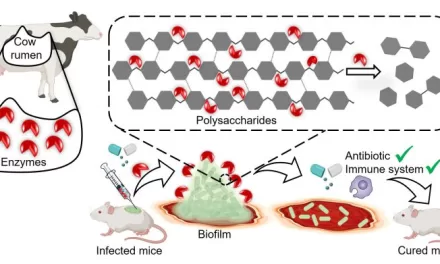In recent years, the Health at Every Size (HAES) movement has gained attention as an alternative approach to health and wellness. It promotes mindful eating and lifestyle behaviors with an emphasis on overall health rather than solely focusing on weight loss. Weight loss is seen as a potential side effect, but not the central goal. The HAES approach, developed by the Association for Size Diversity and Health in 2003 and updated in 2013 and 2024, advocates for principles like minimizing weight discrimination, body acceptance, intuitive eating, and enjoyable physical activity.
One of HAES’s key missions is to challenge the stigma and discrimination that individuals with larger bodies often face in healthcare settings. This has led to its adoption by health professionals worldwide, including organizations like Obesity Canada, which has incorporated HAES into its obesity treatment guidelines.
How Does HAES Compare with Traditional Weight-Focused Treatments?
A systematic review and meta-analysis of research studies published until November 2022 sought to compare the outcomes of HAES-based programs with conventional weight-loss treatments. This analysis evaluated 19 scientific papers, assessing the effects of HAES programs on individuals with larger bodies. These outcomes were compared with participants in conventional weight-loss programs, those on waiting lists with no treatment, and those receiving social support in group settings.
The results indicated that HAES interventions were more effective in reducing feelings of hunger, suggesting that people felt less driven to eat in response to emotions or hunger cues. However, when it came to physical health measures like weight, cholesterol levels, blood pressure, or mental health and well-being outcomes, HAES did not outperform other approaches. This highlights the fact that while HAES may offer emotional and behavioral benefits, it may not necessarily provide superior results in terms of physical health improvements compared to traditional weight-focused treatments.
Ultimately, whether to adopt a HAES-based approach depends on an individual’s personal preferences, needs, and goals.
Concerns About HAES and Influencers
While HAES has been integrated into clinical practice by many healthcare providers, some have raised concerns over the influence of certain dietitian “influencers” in promoting the approach. In particular, a small group of influencers in the U.S. and Canada has faced scrutiny for promoting HAES principles while being financially tied to processed food companies. These influencers, though small in number, have been accused of promoting “eat what you feel like” messages without disclosing their connections to food, beverage, or supplement manufacturers.
Health experts like U.S. dietitian Carrie Dennet advise people to avoid seeking health advice from influencers, emphasizing the importance of consulting with non-judgmental healthcare providers, such as general practitioners (GPs) or accredited dietitians, for personalized guidance.
What Does HAES Treatment Look Like?
For individuals seeking to improve their health through a HAES approach, the process typically begins with a medical check-up and an assessment of one’s relationship with food. A healthy relationship with food involves eating a balanced variety of foods in appropriate amounts to meet nutritional and wellness goals. Some strategies to support this process include:
- Keeping a food mood diary
- Reflecting on emotional and environmental factors influencing eating habits
- Practicing mindful eating
- Learning about individual nutrient needs
- Focusing on the joy of food, including preparing, sharing, and eating with others.
In cases where weight loss is a goal—particularly for those managing health conditions like type 2 diabetes or high blood pressure—there are different approaches depending on individual needs. Medical nutrition therapy can include reduced-energy diets, low-energy diets, or very low-energy diets, all of which are designed to lower daily energy intake to support weight management.
Conclusion
Whether using a HAES-based approach or more traditional weight-focused treatments, it is crucial that individuals receive care that is respectful, personalized, and attuned to their health and well-being needs. HAES may not lead to significant changes in physical health outcomes like weight or cholesterol, but it offers a valuable perspective on body acceptance and mental well-being. For those unsure of where to start, consulting a GP or accredited dietitian is recommended to ensure that health goals are met in a supportive and informed manner.











